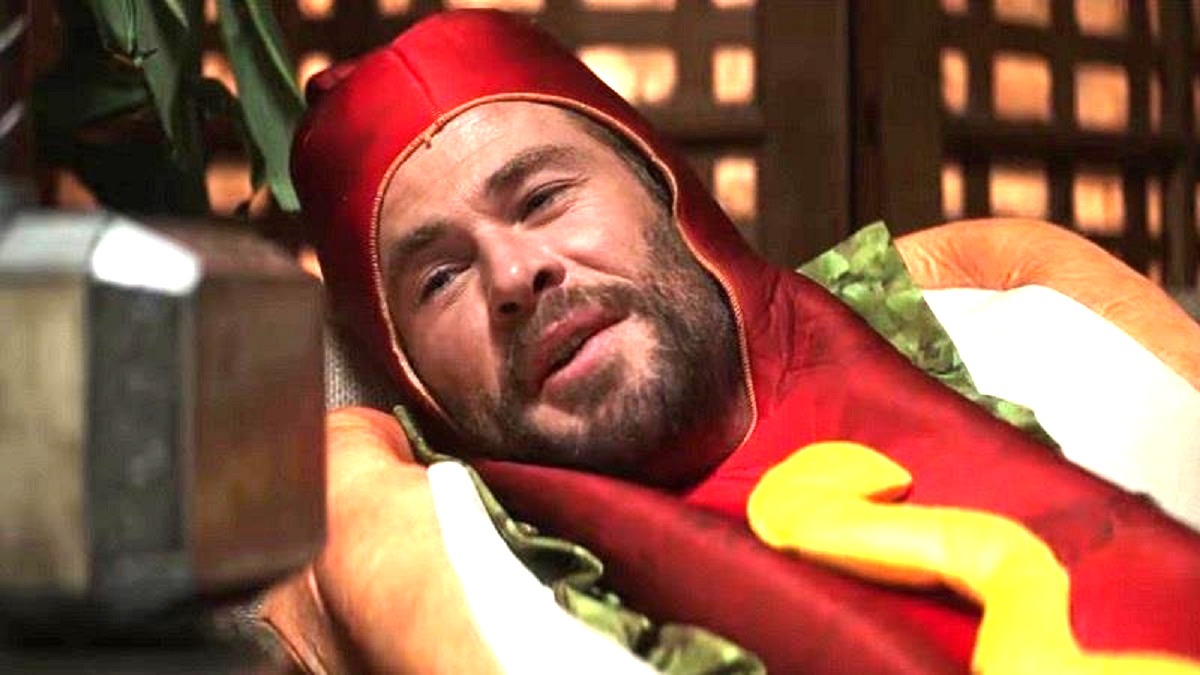The Thor franchise within the Marvel Cinematic Universe has experienced its share of highs and lows, with the latest installment, Thor: Love and Thunder, receiving mixed reviews despite its highly anticipated release following the success of Thor: Ragnarok in 2017.
After two relatively lackluster initial Thor films, Ragnarok breathed new life into the franchise, earning praise from audiences and critics alike. Directed by Taika Waititi, Ragnarok reinvigorated interest in the character of Thor. However, its sequel, Love and Thunder, failed to reach the same level of acclaim, leading to disappointment among fans and critics.
While Love and Thunder is not universally regarded as the worst Marvel movie, it fell short of the expectations set by its predecessor. Some audience members directed their dissatisfaction towards Waititi, attributing the film’s shortcomings to his direction. This backlash raised concerns about Waititi’s future in filmmaking.
However, the fallout from Love and Thunder’s reception has also affected its star, Chris Hemsworth. In a recent interview with Vanity Fair, Hemsworth reflected on the film and acknowledged his role in its perceived failures. He expressed regret about getting “caught up in the improv and the wackiness,” which he felt led to him “becoming a parody of myself.”
Hemsworth’s willingness to shoulder some of the blame for Love and Thunder’s reception is commendable, but it doesn’t absolve Waititi of responsibility. While some have criticized Waititi for allowing Hemsworth to take the blame, it’s important to recognize that Hemsworth’s statements are his own. Waititi hasn’t made any public statements supporting Hemsworth’s self-criticism.
It’s unfair to place the blame solely on Hemsworth or Waititi for Love and Thunder’s reception. Filmmaking is a collaborative process, and numerous factors contribute to a film’s success or failure. While Hemsworth’s remarks may reflect his personal reflections, it’s essential to avoid oversimplifying the complexities of the filmmaking process and assigning blame without considering the broader context.


